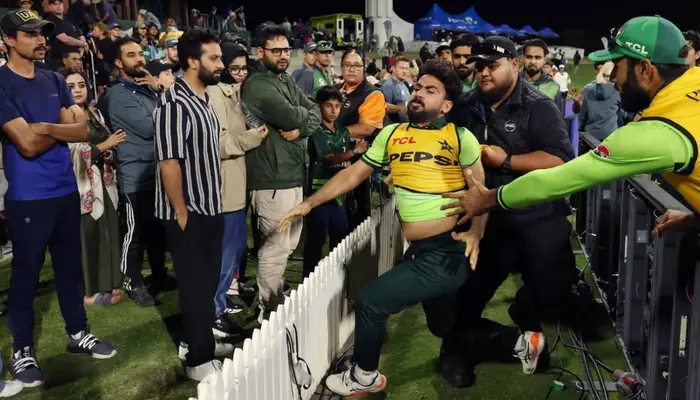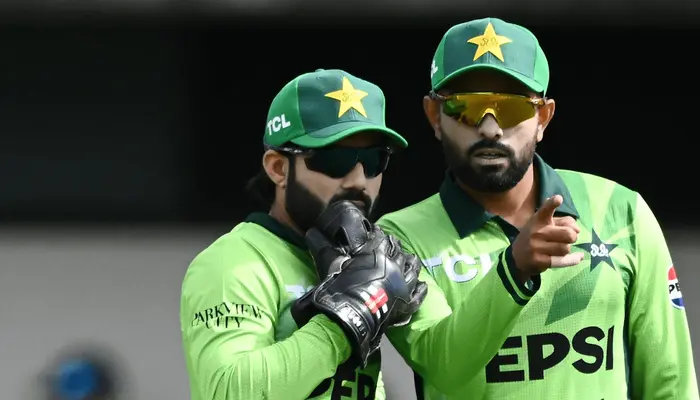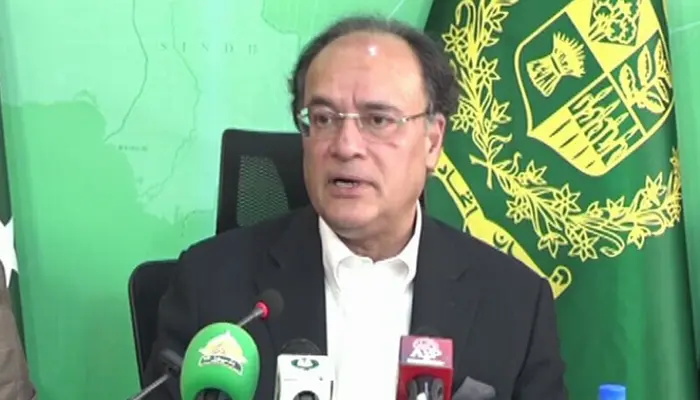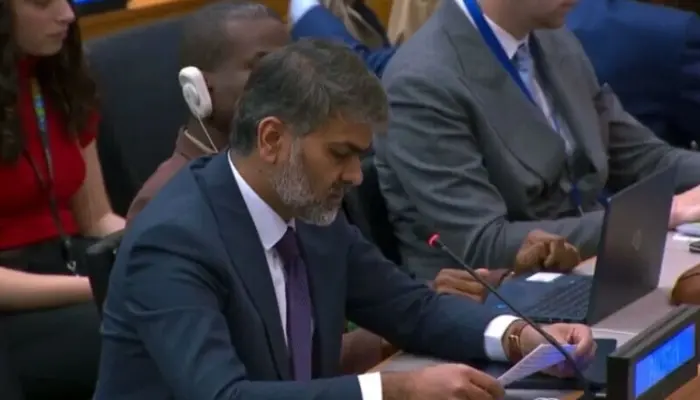
The Pakistani drama Kabhi Main Kabhi Tum has garnered popularity for its gripping storyline, incredible acting and relatable dialogues. I absolutely love the drama for its exceptional acting, particularly from Fahad Mustafa, Hania Aamir, Emmad Irfani, Bushra Ansari, Javaid Sheikh, Tauseeq Haider, and Annie Zaidi. Their performances are so captivating that I often forget I’m watching a drama; it feels like peeking into the lives of our neighbors. The relatability of their stories and dialogues resonates deeply, making the experience immersive and engaging. But it’s not without its moments of inconsistency. While most of the cast delivers solid performances, certain actors seem to struggle with naturalism, especially in emotional or intense scenes. Let’s dive into some of the specific critiques of the Drama.
Naeema Butt’s Forced Accent

Rubab, played by Naeema Butt, attempts an American accent in her portrayal, which detracts from the otherwise relatable character. Her accent feels more like an imitation than a natural choice for her character. As a viewer, this inconsistency becomes glaring, as she tends to slip back into her Pakistani accent intermittently, resulting in a portrayal that feels inauthentic. Rubab’s personality doesn’t demand an accent at all, so this choice by the actressleaves us wondering why it was added in the first place. With so many powerful scenes, Rubab could have delivered a more impactful performance had she kept her voice natural.
Read: Rubab Uncovers Adeel’s Betrayal in Kabhi Main Kabhi Tum
Maya Khan’s Hit-or-Miss Performance

Maya Khan plays Sidra, Mustafa’s sister, and while she adds depth to some scenes, her tendency to overact has drawn attention. In Episode 24, Sidra’s performance stands out in a negative light when she’s tasked with informing her father about Mustafa and hand him some money. The scene had potential, especially given the emotional weight surrounding the family dynamics. However, Sidra’s exaggerated delivery overshadows the scene, diverting attention from the drama’s core.
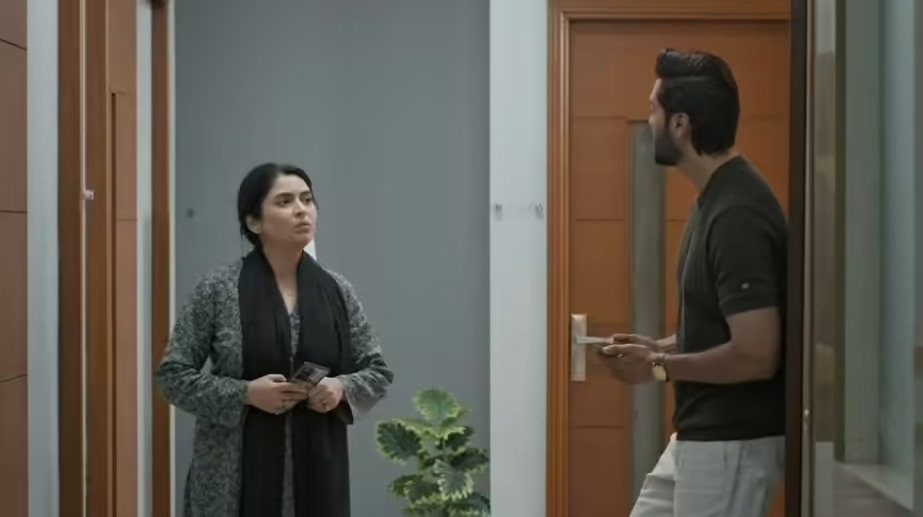
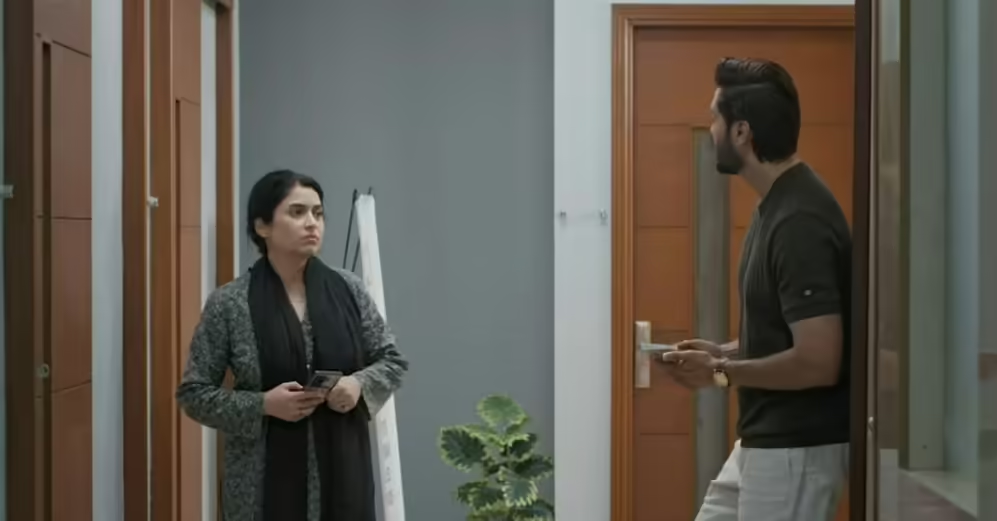
Another notable example of overacting is in Episode 33, where Sidra tries to approach Mustafa, asking him whether he would talk or not. Her demeanor in this episode is awkwardly intense, which takes away from what could have been a nuanced family moment. If Sidra were subtle in her acting, she could have added a lot to these scenes without detracting from the drama’s flow.
One Note Expression of Areej Chaudhary


Areej Chaudhary, playing Natasha, is central to a tense subplot, as her character is involved in a love triangle that betrays her husband and her best friend Rubab. While her character could have become a complex villain, Natasha’s acting doesn’t quite hit the mark. One of the most crucial scenes for her was in Episode 32, where Rubab hosts Adeel’s birthday event, ultimately exposing Natasha’s betrayal. This reveal should have been shocking and intense; however, Natasha’s reaction fell flat. Her expressions lack the range needed to convey shock, guilt, and fear, and instead, her expression seems one-note, as if she’s only about to cry.
Shahab’s Brief Appearance

The character of Shahab, who only came to threaten Adeel and asks to return his money, makes a brief yet noticeable impact in Episode 28. Shahab’s screen time is limited, but his scenes highlight a contrast in acting quality. While most actors manage to deliver natural performances, Shahab’s demeanor comes off as forced. This kind of inconsistency can sometimes be overlooked in supporting roles, but here, it distracts from the overall narrative.
Bonus: Mustafa’s Stellar Moments Scene


No wonder Fahad Mustafa’s acting is so exceptional and natural that it makes everyone cry and keeps them glued to the screen. However, Fahad, a.k.a. Mustafa, also missed a minor detail at one point in the drama. I’m not referring to his acting but rather to a small oversight. In Episode 34, Mustafa returns home after Sharjeena’s hospital discharge, only to find her unwilling to look at him due to their ongoing conflicts. Heartbroken, Mustafa collapses in tears in his new home, providing viewers with a genuinely moving moment. His breakdown feels authentic.
However, a close-up shot shortly after Mustafa stops crying reveals a lack of actual tears, which interrupts the immersion momentarily. This small detail is surprising, given the emotional weight of his performance. It’s a testament to the actor’s skill that Mustafa’s portrayal still touches viewers deeply, despite the occasional inconsistency in continuity.
Follow us on Google News, Instagram, YouTube, Facebook, Whats App, and TikTok for latest updates








